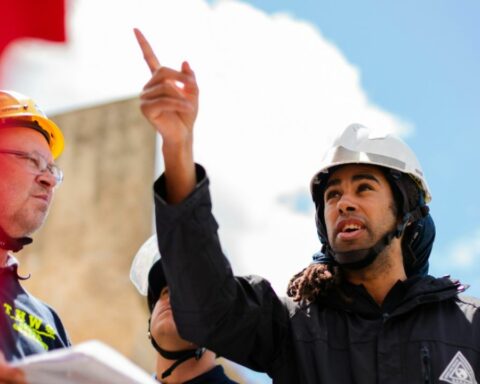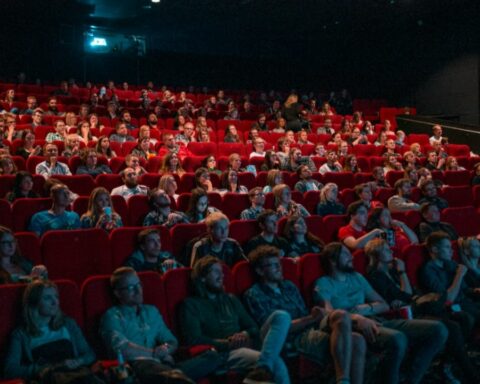President Gabriel Boric participated in the event “My education, our future” organized by UNESCO, the World Bank, the Inter-American Dialogue and Unicef.
In this way, the President joined the presidents of Argentina, Ecuador and Honduras, to express their strong support for education, while sharing their national efforts to recover learning and calling on other leaders to join to the cause. Indeed, organizers warned that significant learning loss during school closures due to the COVID-19 pandemic in Latin America and the Caribbean is putting millions of children and adolescents at risk of dropping out of school.
In his participation -through a video- the President pointed out that “the pandemic has been, without a doubt, very difficult for school communities in Chile and throughout Latin America. For this reason, from our country we are deeply concerned that Let’s not continue with the logic of standardized tests that seek to test knowledge that at the end of the day is of no use to boys and girls”.
“What we want today is that we live together again, that we meet again, that we take charge of the tremendous educational gap, which already existed but that the pandemic enlarged. That is why we have created different programs, for example, skills for life, to emphasize mental health and improve the infrastructure of our high schools. We have also developed programs to improve school coexistence and we are extremely concerned that schools remain open as long as possible, because we know that this is where we can meet again as a society. The place where we can understand each other as equals,” he added.
“That is our call from Chile to all of Latin America and we are very available to work in collaboration with our brother countries, to move forward together in the direction of rebuilding our society fractured by inequality and the pandemic. A big hug from Chile”, closed his address.
“Today we make an urgent call to all the countries of Latin America and the Caribbean to commit to the recovery and transformation of their educational systems,” said Claudia Uribe, director of the Regional Office for Education in Latin America and the Caribbean (OREALC/UNESCO Santiago). “The loss in learning and well-being that millions of children and young people suffered during the pandemic puts their future and their hope at risk. There is no time to lose to put in place all the necessary measures to repair this damage and thus prevent its consequences from becoming permanent or irreparable”, she added.
“The educational crisis affecting the region is unprecedented. If we do not act now to recover learning losses, an entire generation of children and young people will be less productive in the future and will have fewer opportunities for progress and well-being,” he said. Carlos Felipe Jaramillo, Vice President of the World Bank for Latin America and the Caribbean.
“According to our estimates, today’s students could see their lifetime income decrease by up to 12 percent. It is time to act, to avoid these losses, to support the future of the next generation,” Jaramillo said. .
During today’s “My Education, Our Future” event, the World Bank, the Inter-American Dialogue, UNESCO and UNICEF called for urgent and coordinated action to ensure that an entire generation of children regain their course. The four organizations presented a “Commitment to recover and protect learning in Latin America and the Caribbean”, which establishes four key commitments: place educational recovery at the top of the public agenda; reintegrate all children and adolescents who have dropped out of school and ensure that they remain in school; recover lost learning and ensure the socio-emotional well-being of children and adolescents; and valuing, supporting and training teachers.
Closing the event, Jean Gough, UNICEF Regional Director for Latin America and the Caribbean, urged all countries in the region to turn commitments into actions. “While many schools have reopened their doors, the learning crisis in Latin America and the Caribbean is far from over; it’s just less visible than before,” Gough said. “It is not about a few students, but about millions who are at risk of being left behind. Small-scale learning recovery programs will not be enough. To deal with the crisis, we need to develop and implement learning recovery systems across the board. large scale. We can invest now or leave an entire generation behind. The choice is ours.”








